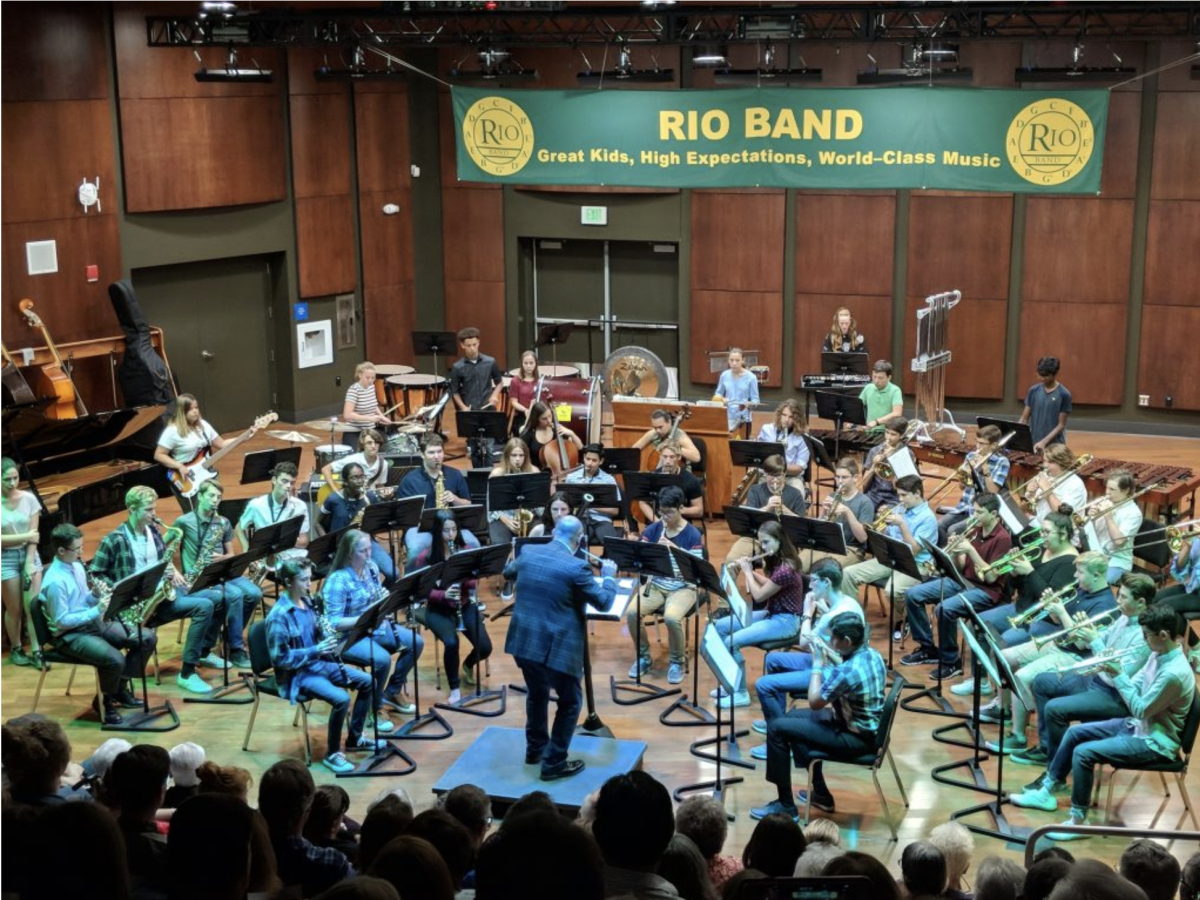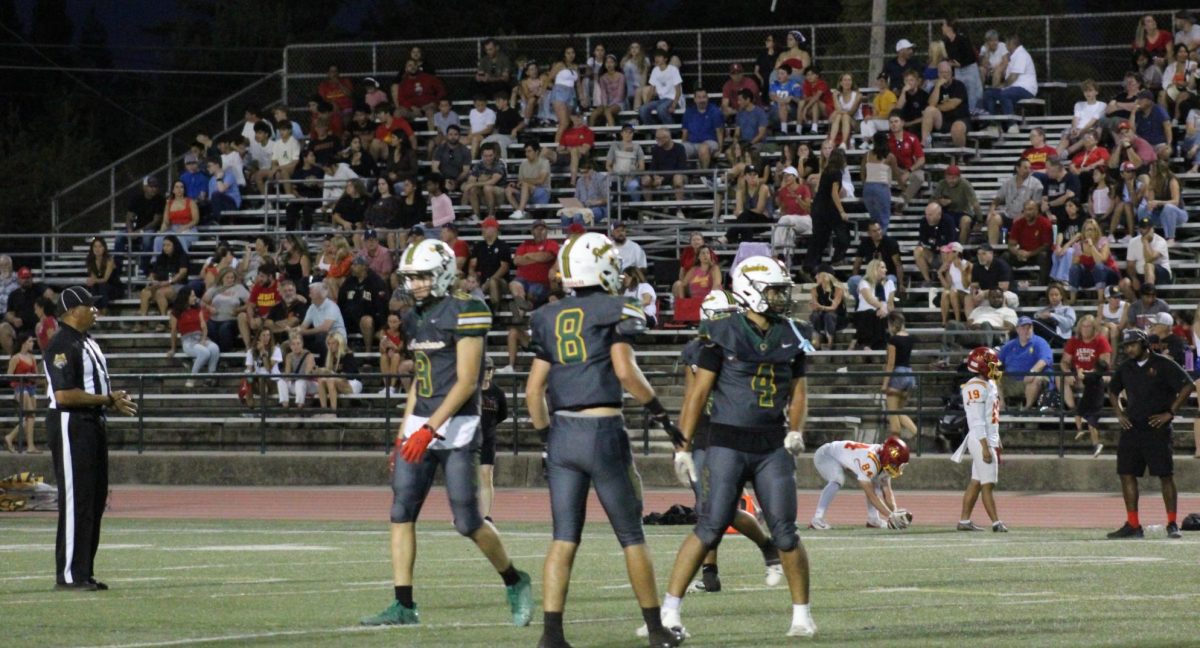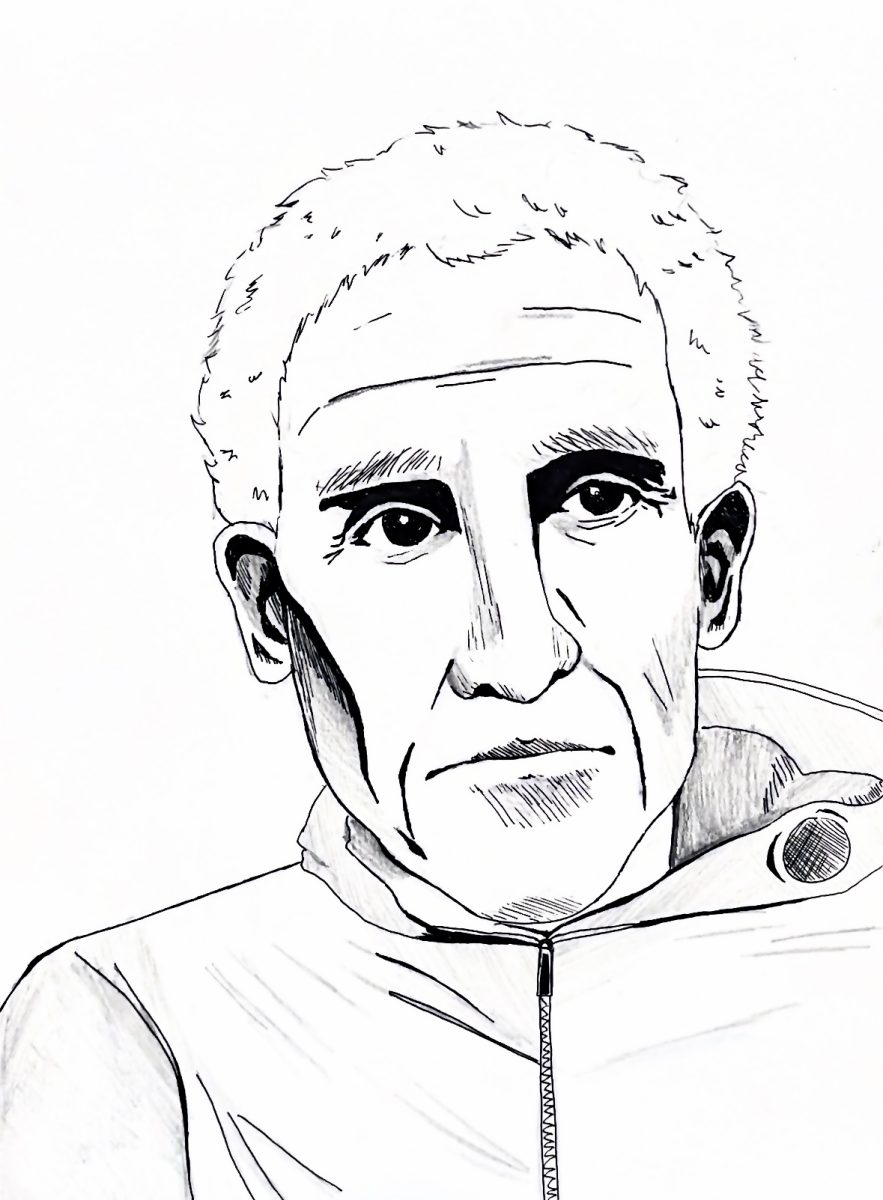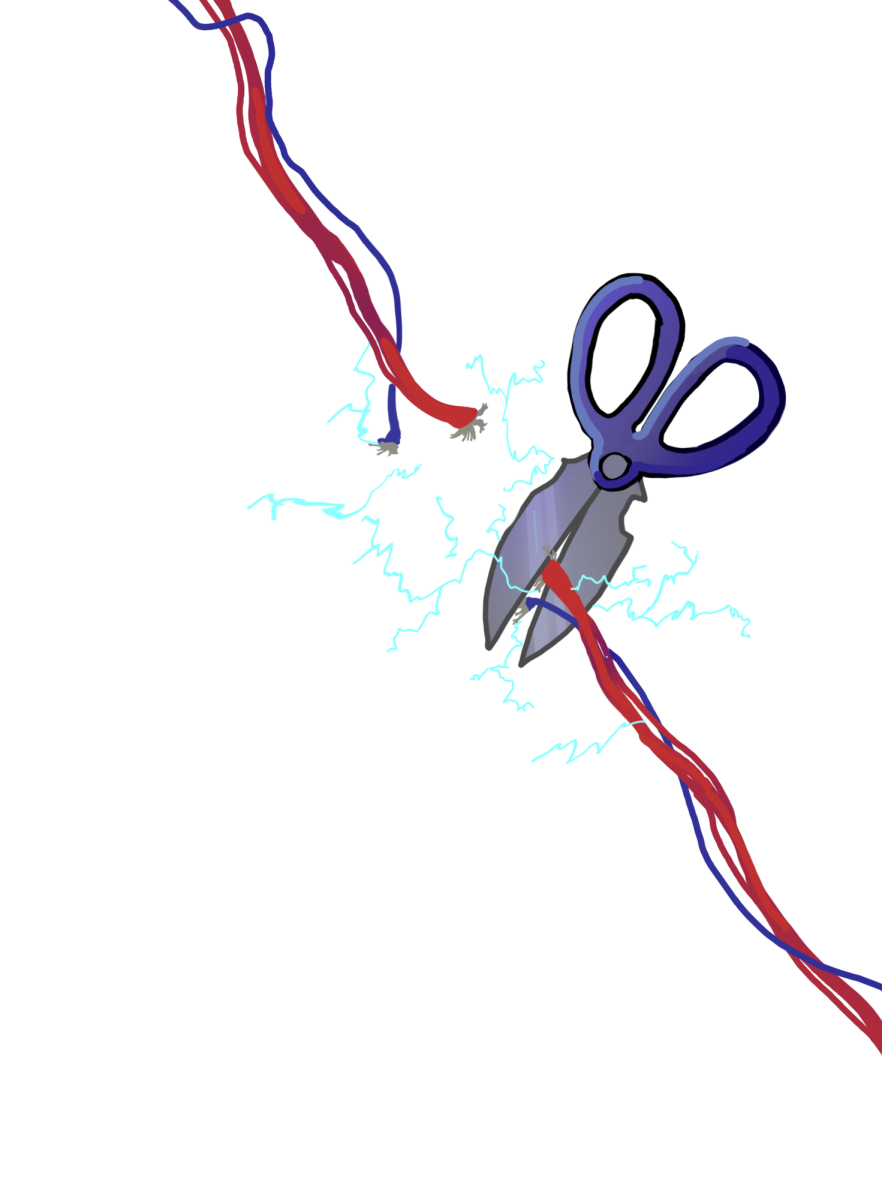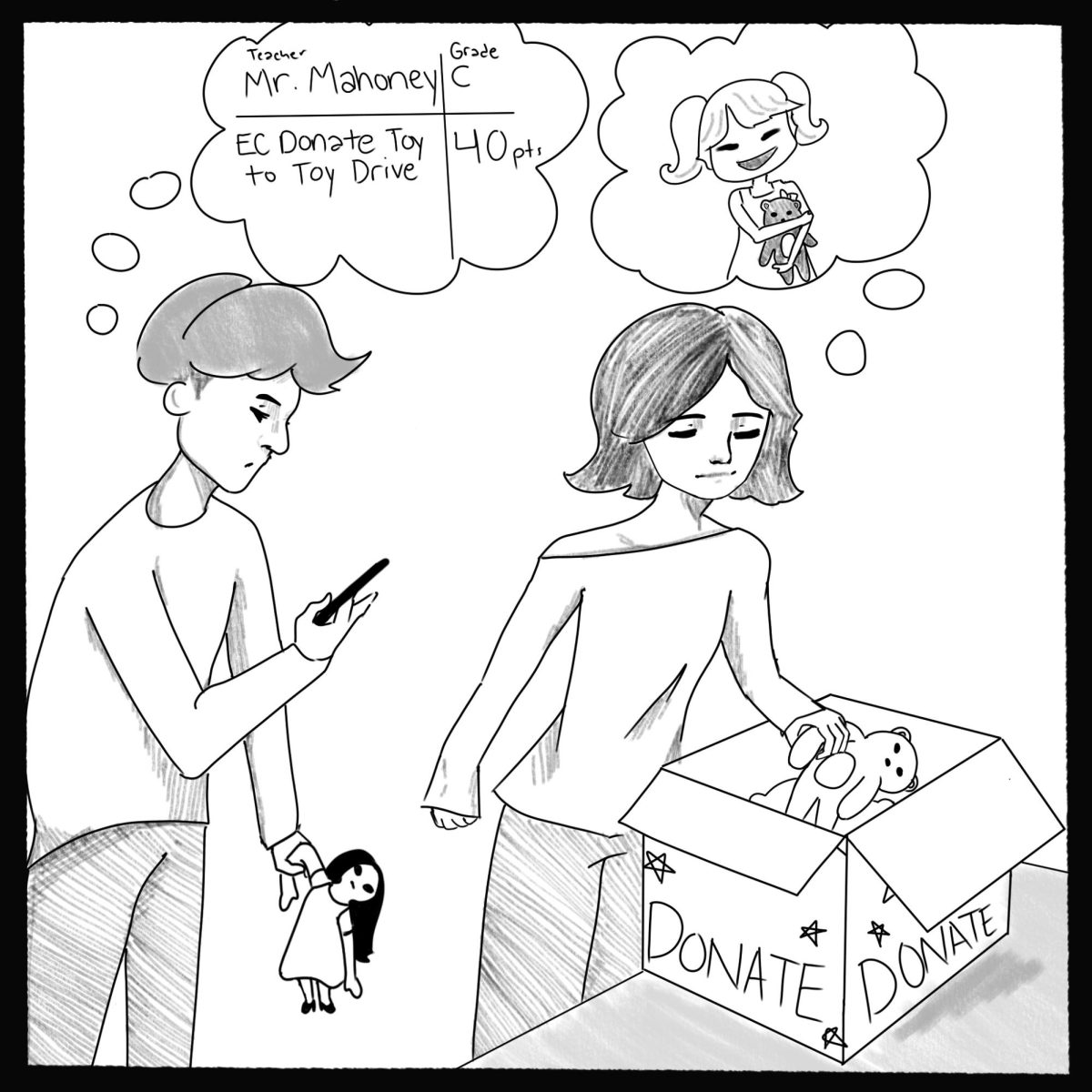Four books, two true-crime documentaries and a 16-month prison stay later, Rick Singer, the mastermind behind the “Varsity Blues” college admissions scandal, is back to counseling elite-university hopefuls from his halfway house in Southern California.
Singer pleaded guilty in 2021 to several counts of fraud and bribery for his chief role in falsifying applications and facilitating hefty donations from rich parents in exchange for their children’s admission to elite colleges. Dozens of celebrities and one-percenters were also convicted on similar conspiracy and money laundering charges.
“Operation Varsity Blues” channeled up to $25 million to top-tier schools and coaches in exchange for enrollment. The scam also involved fake SAT scores, exaggerated extracurricular activities—including honors for sports the kids never played—and fake academic accomplishments. Singer, who initiated the scam, pocketed another $15 million.
Singer, who started by working with students from Rio Americano, Bella Vista and Jesuit high schools in the Sacramento suburbs, maintained a credible college consulting business in the early 1990s. However, as the Mirada reported, while he apparently provided valuable, straightforward services at times, some legitimate counselors and clients were wary from the beginning of Singer’s aggressiveness and big promises.
The Mirada has been covering the scandal for five years as it has unfolded. In 2021, Mirada reporter Emma Hutchinson conducted a deep dive into Singer’s history at Rio, which included interviews with former counselors and student clients.
“Former students who used him in the ’90s describe him as focused and knowledgeable—certainly a coach for students using his services—but not a crook,” Hutchinson wrote. (Our May 2021 investigation is worth reading for insight into Singer’s extensive past presence at Rio and other Sacramento-area high schools.)
But interviews revealed some found him overly ingratiating, dishonest and controlling, albeit in subtle ways.
Singer’s business turned criminal in 2011, according to his own account, when he began the “side door” approach: combining hefty donations usually targeted toward niche sports with fake resumes to get students from wealthy families into elite universities.
Singer, in a supposed reinvention of his ways, recently started “ID Future Stars,” the catchy name for his post-prison “comprehensive life coaching and college admissions guidance” company.
His new gig is in its early stages (he was just transferred from a Florida jail to the halfway house), but Singer—who started counseling pro bono from behind bars—already boasts an “80-96% acceptance rate for first-choice schools.”
Singer’s seemingly successful return to the very occupation that led him and others to prison doesn’t make a lot of sense, but perhaps it says something about the college admissions process and his continued appeal to the subset of people still willing to hire him. College admissions have become so competitive that even the most qualified students often don’t get into their top (or second) choices.
Indeed, at USC and Yale—two schools that Singer got students into through the “side door”—admission rates last spring were 9.2% and 3.7% respectively.
A few days after Singer’s release, CNBC reported on parents who will spend over half a million dollars during their child’s high school career for counseling to get the kid into an “Ivy Plus” university. That might explain why children from families in the 1 percent are more than twice as likely to attend one of the nation’s most elite universities.
And it certainly explains why Singer’s infamous reputation doesn’t magically erase some families’ desire for the best admittance outcomes no matter the cost or ethics.
Singer’s rates were reportedly always steep, so add in affluence and one can see why he does, indeed, maintain appeal. He comes at a cost, yes, but he is indisputably effective. He got students where they wanted to go, but to what end?

